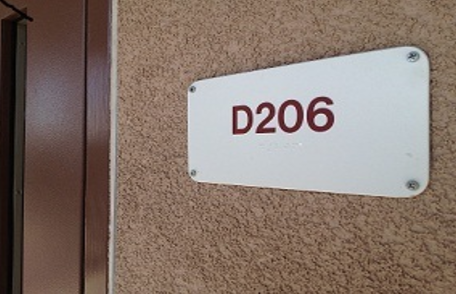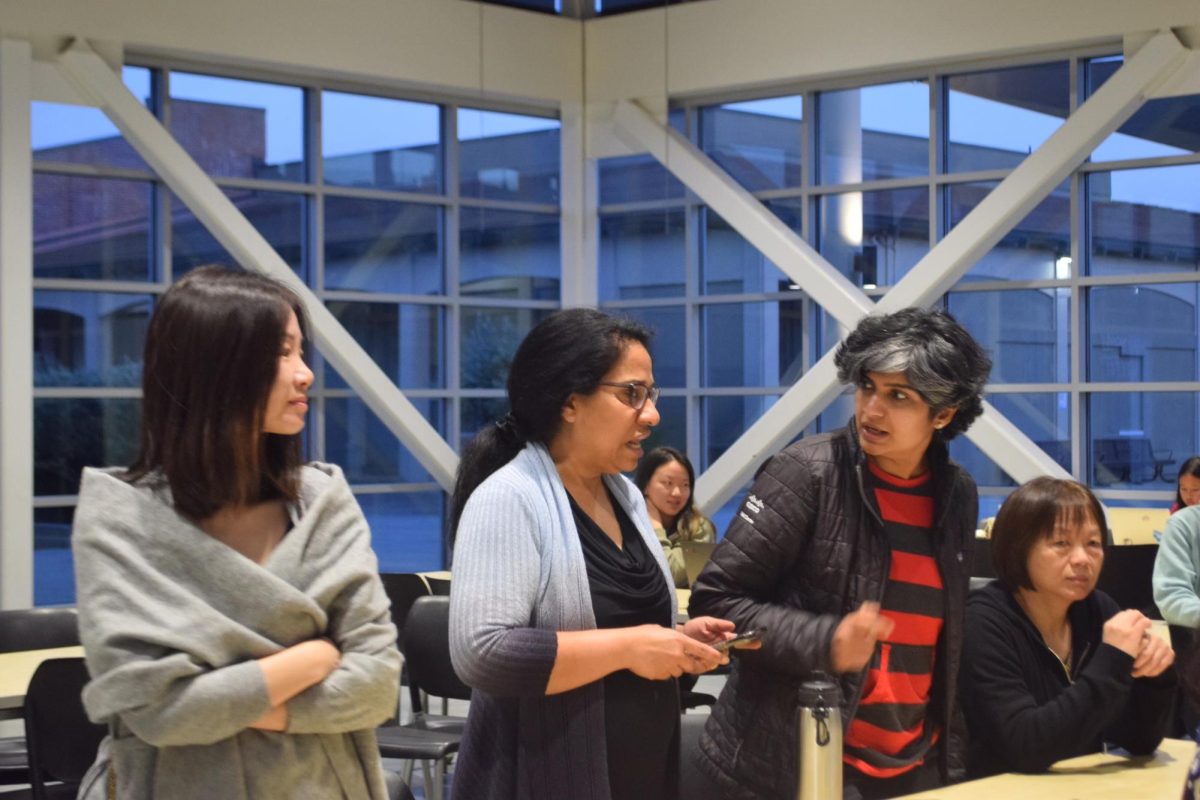Last year on the night before his AP chemistry final, senior Patrick Yeung felt like nothing made sense until his friend, who was tutoring him, brought the material outside of a chemistry context. Today, Yeung is the president of Chemistry club where he tutors students about bonding by relating the shape of bonding molecules to Baymax’s face.
“In a sense it’s like giving back, or paying it forward, whatever you want to call it.” Yeung said. “I know what it’s like to be in the situation where you don’t know a thing because I had gone from physics to AP chem. My friend who was a TA tutored me by bringing concepts out of the context of chemistry, which is a lot of how I teach now.”
It is Yeung’s responsibility to gather eight tutors, one tutor per table, for chemistry club’s weekly study sessions held every Thursday at lunch. The club’s structure is very loose without definite amounts of participants or concrete plans for each session. Chemistry club functions very organically to cater to the constantly changing needs of its wide student pool, ranging from regular to AP chemistry students.
“Our class functions like the electron sea model because we go to any table only if they need us, we’re not assigned to any specific students.” Yeung said. “There is no specific starting or ending point of every club meeting, we just help students as they come in. Students will come and go and so will the tutors.”
Of the tutors who regularly attend chemistry club, Elizabeth Ngo is one of which who is a former AP chemistry student and is now a TA of an AP chemistry class. Ngo typically helps students regarding questions on their homeworks, quizzes and tests and is very outgoing with students. She encourages students to search for help and emphasizes how there is no shame in asking.
“When I first taught this one student about significant figures she was very shy and reserved.” Ngo said. “She wasn’t too comfortable with asking and always sounded hesitant, saying um a lot. When I explained a concept to her the first time, I made sure to be very friendly to her and afterwards she even smiled. After that she became a little less nervous to ask for help and talk because I feel like she got more comfortable with me.”
Both of the tutors feel having previously been in an uncomfortable position in chemistry class allows them to better understand the needs of current struggling students and the sources of their problems. Yeung explained how he was able to find a learning style which especially worked for him and now applies this method to teach other students, who also benefit from this style. Although Ngo didn’t detail any specific styles she finds students particularly adaptive to, her struggle as a former chemistry student gave her the perspective a tutor needs to connect with students and encouraging attitude.
“Having struggled allows me to empathize more with students because I’ve been in their shoes before in chemistry class and it almost feels like I am helping my former self when I help students with chemistry.” Ngo said “What I enjoy most is to see new kids coming to the club. Those who come in for the first time to discover how much aid chemistry club can provide.”
The beauty of chemistry club is that it pairs students who are currently in need of help with former students who were once in the same position and emerged with a deeper understanding. Chemistry club takes advantage of the irreplaceable experiences students gain from challenging courses so they can help others in a customized and personalized manner.








